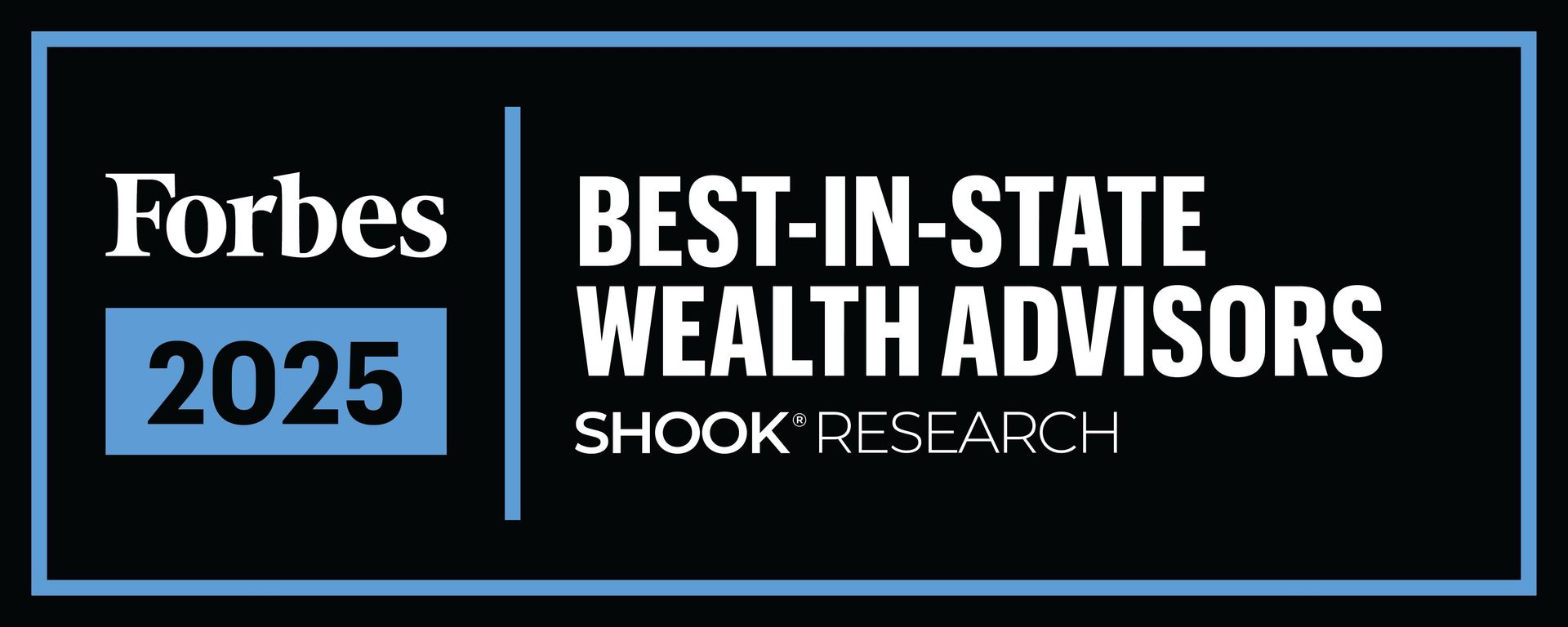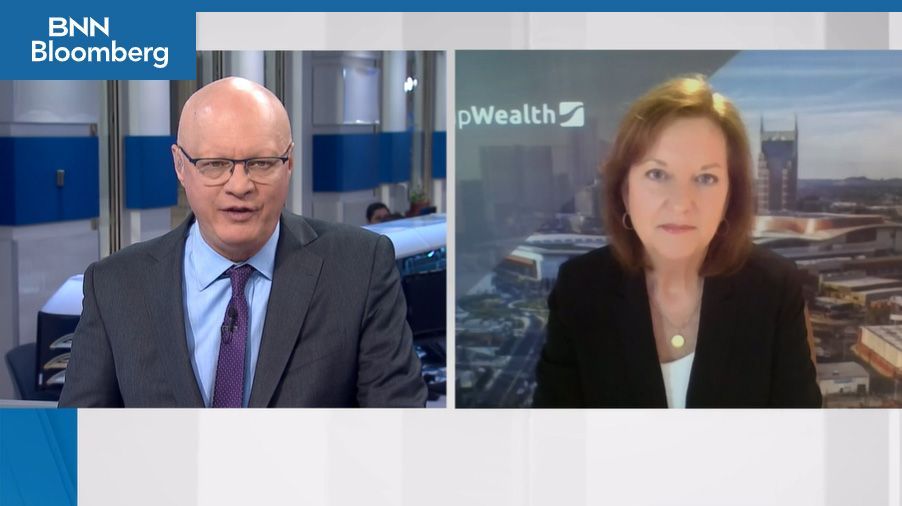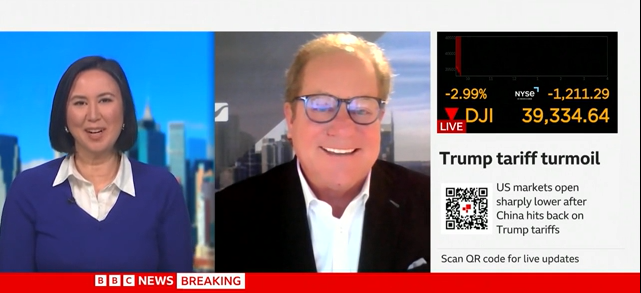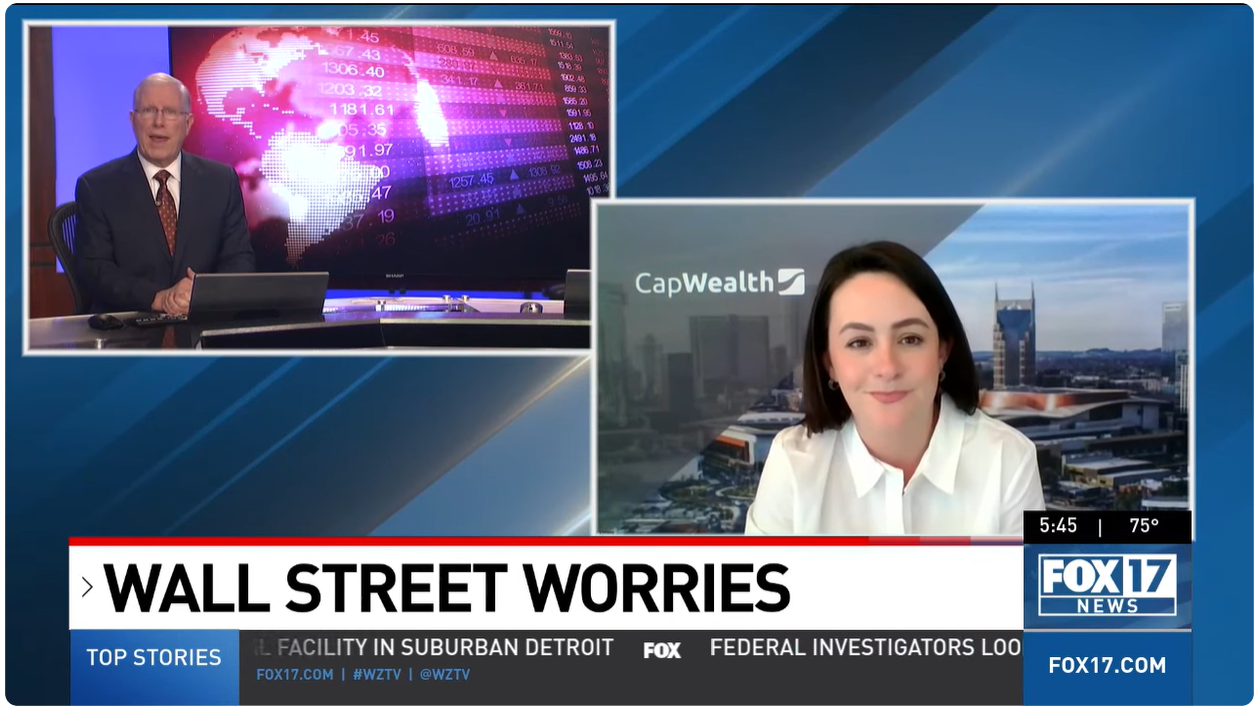The Economy's Strong, but How's Your Economic Health?
June 22, 2015
If I were diagnosing the state of America's economic health, here are a few things I'd look at. The U.S. Current Activity Indicator (CAI) — a real-time measure of GDP growth — stands at 3 percent. The latest jobs report from the Bureau of Labor Statistics shows employers added 280,000 jobs in May and that year-over-year earnings rose 2.3 percent, both higher than projected. Last week we learned that job openings rose to 5.4 million at the end of April, according to the Job Openings and Labor Turnover Survey (JOLTS), and that core retail sales growth in May outpaced expectations at a seasonally adjusted 1 percent. Taken together, it's my professional opinion that after a less-than-hearty Q1 start, our economy is showing unmistakable signs of improvement.
That's the U.S. bill of economic health — but what about your own? What's the state of your personal economy? Find out by asking yourself these five questions:
- Is your budget in good shape? At each month's end, does your income cover all expenses? If not, review the percentages allocated to each spending bucket (rent/mortgage, utilities, groceries, retirement, birthdays, holidays, a new refrigerator, etc.). Look for ways to curb overspending. The point of budgeting is to better manage your money on your terms, not the creation of the ideal budget that's impossible to follow. Be honest with yourself about what you really need (typically the "boring" stuff) and what you can really do without (usually the "fun" stuff), but don't be intimidated, either. Keep your chin up and keep trying. Look at it as a work in progress and ultimately the key to financial freedom: freedom from debt and stress today and freedom from worry about tomorrow because you're saving for emergencies and retirement.
- Are you contributing to a retirement plan? Are you contributing enough? The type of plan you participate in determines how much you can contribute each year. If your employer offers to match a portion of your contributions, are you contributing enough to get all of those free dollars? If you are 50 or over, are you taking advantage of the catch-up provisions of the tax code? Consistently contributing to your retirement plan will pay off greatly later, and most of us can achieve this through payroll deduction, making it one of the simplest ways to save for our future.
- Have you checked your credit report this year? If you haven't, go to www.annualcreditreport.com to request a free copy from each of the three credit reporting companies. Carefully check to make sure that all of the information is correct and up to date on each report. Credit reports can affect your mortgage rate, credit card approvals, insurance applications and even job applications. Suspicious activity or accounts you don't recognize can be signs of identity theft. Review your credit reports and catch problems early.
- How is your emergency fund doing after the first six months of this year? Did you have any unexpected expenses that required dipping into your cash reserve? If so, start working on restoring that balance. Most of us should have three to six months of living expenses in some type of savings account that serves as our emergency fund to protect against an unforeseen financial blow.
- Has anything about your life changed this year? A change in your marital status, health, employment or benefits? A new child, grandchild or home? Have you received an inheritance or established a college savings plan for your children? An event like any of these can necessitate adjustments to your will, insurance coverage, retirement planning, tax status, investments and more. And if you have experienced a significant change in your lifestyle, have you told your financial adviser? Each time you meet with your financial adviser, he or she should inquire about these changes — but don't wait for them to ask. Schedule the appointment and find out what, if any, adjustments and fine-tunings should be made to your financial life.
Here's to the U.S. economy and your own getting even better! For help improving your financial well-being, talk to a professional: a financial adviser.
Phoebe Venable, chartered financial analyst, is president and COO of CapWealth Advisors LLC. Her column on women, families and building wealth appears each Saturday in The Tennessean.













